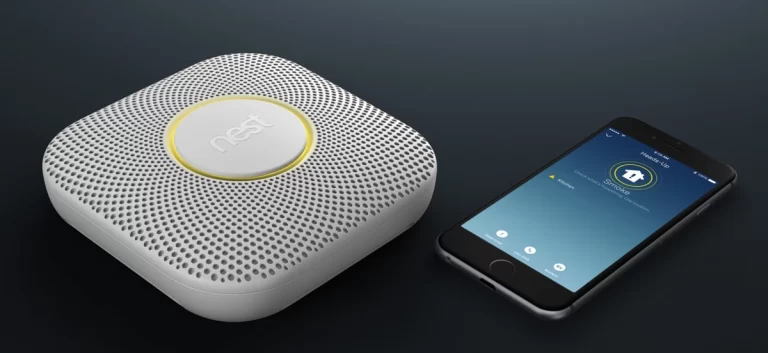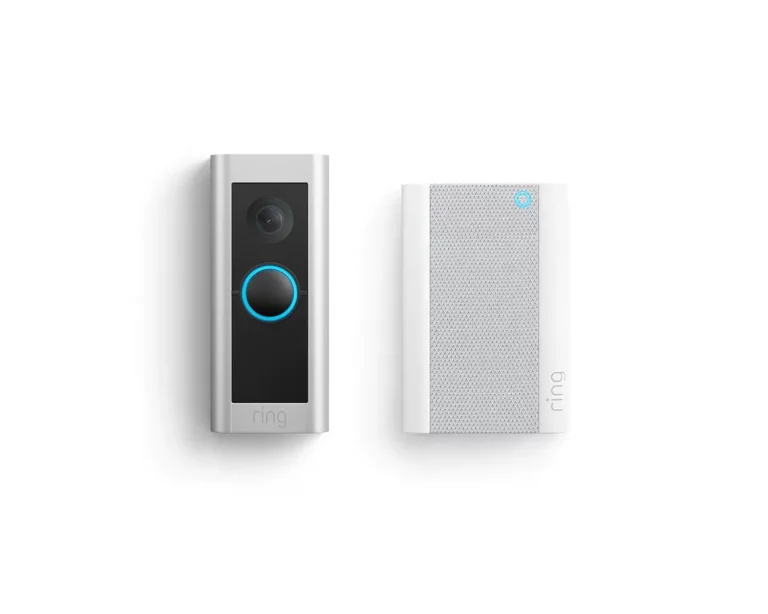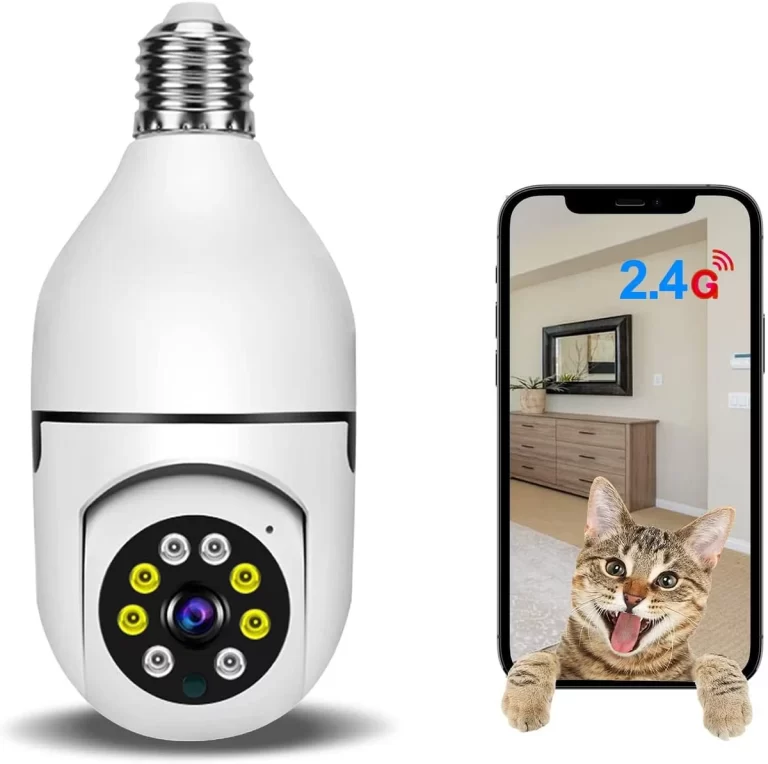Which is Better Bullet CCTV or Dome CCTV?
Which is better bullet CCTV or dome CCTV? Find out the pros and cons of bullet CCTV and dome CCTV systems to determine which one is better suited for your security needs. Explore the differences in design, installation, functionality, and more in this comprehensive article.
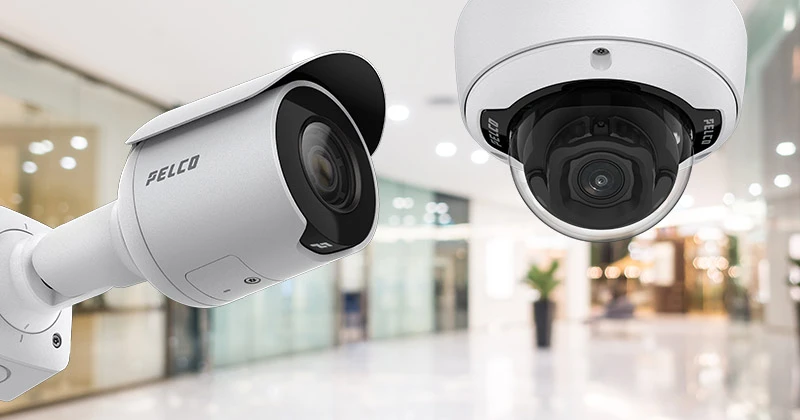
Which is Better Bullet CCTV or Dome CCTV?
The choice between bullet CCTV and dome CCTV largely depends on the specific surveillance needs of your property.
Both types of cameras have their own advantages and drawbacks, making them suitable for different scenarios.
Design and Appearance
Bullet CCTV cameras are named after their shape, resembling a bullet or a cylinder. They are typically long and cylindrical in design, with a noticeable lens protruding from the body.
On the other hand, dome CCTV cameras have a dome-shaped enclosure, blending seamlessly with the surroundings. Their sleek and compact design makes them less intrusive and more aesthetically pleasing.
Installation and Placement
Bullet cameras are generally easier to install and mount due to their shape and design. They come with a mounting bracket that allows for flexible positioning.
They are ideal for outdoor applications as they are more weather-resistant and offer longer viewing distances.
On the contrary, dome cameras require a bit more effort to install, often requiring a professional to mount them on ceilings or walls. Their placement is suitable for indoor environments or areas where a discreet surveillance presence is desired.
Field of View
Bullet cameras usually have a narrower field of view compared to dome cameras. However, they excel in long-range viewing, making them ideal for monitoring specific areas or focusing on particular points of interest.
Dome cameras, on the other hand, offer a wider field of view, covering a larger area. This makes them perfect for monitoring open spaces such as lobbies, entrances, or parking lots.
Vandal Resistance and Tamper Proofing
Bullet cameras are generally more robust and built for outdoor use. They are designed to withstand harsh weather conditions and tampering attempts, making them suitable for areas prone to vandalism or theft.
On the contrary, dome cameras are more vulnerable to tampering due to their exposed dome enclosure.
However, some advanced dome cameras come with vandal-resistant features, such as impact-resistant casing and reinforced polycarbonate covers.
Discreetness and Visibility
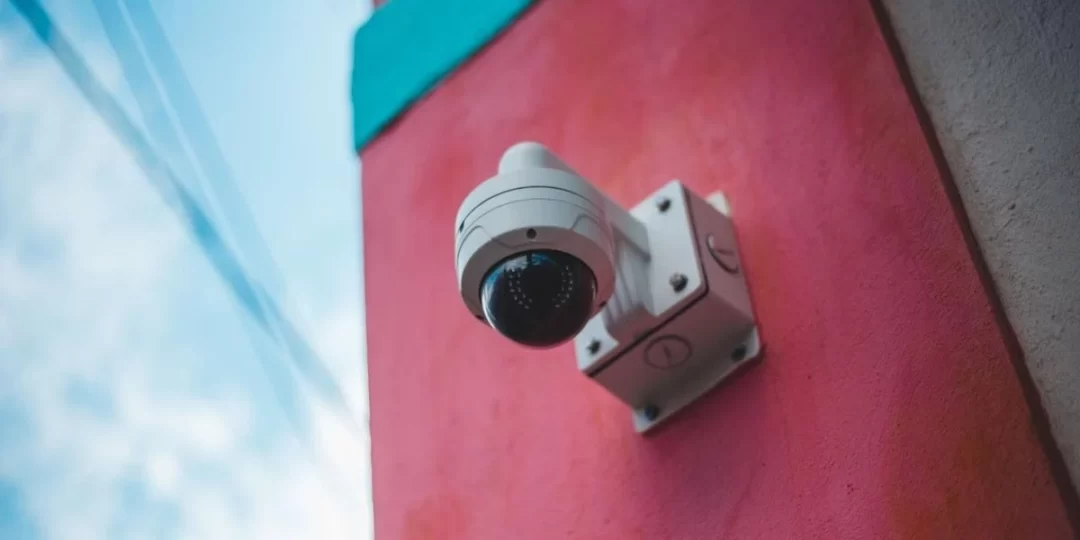
Bullet cameras are more visible and act as a deterrent to potential intruders. Their prominent presence sends a strong message that the premises are under surveillance.
On the other hand, dome cameras offer a certain level of discreetness.
Their dome-shaped housing makes it difficult for individuals to determine the direction the camera is facing, enhancing their effectiveness for covert surveillance.
Cost Considerations
The cost of CCTV cameras can vary depending on various factors, including the brand, features, resolution, and additional functionalities. In general, bullet cameras tend to be more affordable compared to dome cameras.
However, it is important to consider the specific requirements of your surveillance needs and make a decision based on the features and capabilities that align with your budget.
Conclusion
In the battle between bullet CCTV and dome CCTV cameras, there is no definitive winner.
The choice between the two depends on the specific requirements of your surveillance needs, the environment in which the cameras will be installed, and the desired functionality.
Bullet cameras offer long-range viewing, durability, and a visible deterrent, while dome cameras provide a wider field of view, discreetness, and aesthetic appeal.
By considering the advantages and drawbacks outlined in this article, you can make an informed decision and choose the type of CCTV camera that best suits your security needs.

